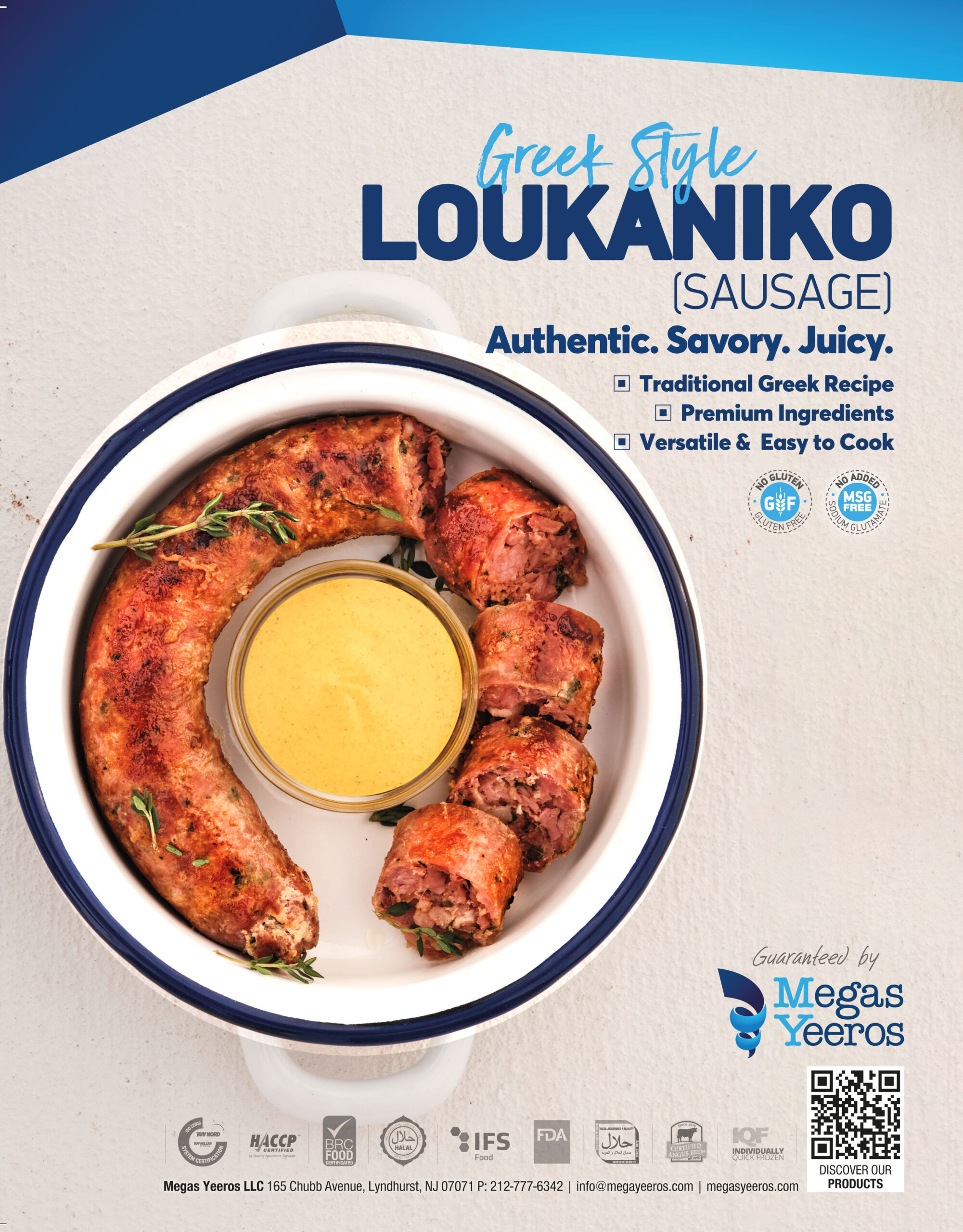Your Employees are Your Greatest Asset
Posted by estiator at 5 August, at 10 : 56 AM Print
THE old adage says that a company’s greatest asset is its people, and this is especially true in the service business. With this as the case, it’s important that the adage isn’t just something that’s printed on an inspirational poster that’s framed in your office, but something that drives your daily behavior, informs your management style and is felt by your staff members.
The question, then, becomes, how are you cultivating that asset and optimizing its potential to impact your restaurant’s financial performance?
We know that the primary driver in retaining good people is not pay. Studies have been telling us this for decades. Rather, employees are more inclined to stay with a restaurant when they respect a company’s leadership (and their manager in particular), and when they feel that they belong and that they are making a positive contribution to its goals. The key to keeping a good staff, then, is keeping them engaged. An engaged staff member “demonstrates a strong belief in and acceptance of the business’s goals and values”, and a willingness to exert considerable effort on its behalf.
I once worked as Director of Operations for a four-unit regional chain whose owner told me that he made it a point to never acknowledge or recognize when a staff member or even one of his managers did well. He said that doing so spoiled them and that as soon as he acknowledged good performance it would go to their heads and they would get lazy and perform poorly. He also said that everyone was like a milk carton with an expiration date. He believed it didn’t matter what you said to an employee: Once that expiration date hits, the milk goes sour. It should come as no surprise, then, that this was not a happy place to work. The key motivation for staff and managers that stayed was to keep the paycheck coming and not to improve the business or advance the brand. The staff did not feel acknowledged or appreciated and, thus, were not truly engaged or motivated.
You don’t have to have a degree in behavioral science to understand how this approach is flawed. If you want your restaurant staffed with high performing crew members, then you have to understand what drives these people and how your interactions with them effect that drive. We are all sentient creatures with feelings and egos. Ask yourself if you perform better when you are given encouragement. Sometimes a simple pat on the back for a job well done is all that a staff member may require to feel valued and motivated. Who amongst us feels good when we work hard, giving 100%, only to have our efforts unnoticed or ignored? When I see a server’s ticket averages go up significantly, I make a point to acknowledge them with an “attaboy” or “attagirl”. When the kitchen line pushes out a $2,500 hour with just four people working, I let them know collectively AND personally. These are levels of performance that I work hard to encourage and cultivate. If they reach those levels and I don’t acknowledge, then why should they bother to “exert considerable effort” to get the work out the next time?
There is a distinction, however, between acknowledging a staff member and thanking them. I rarely thank a person for doing their job, regardless of how well they do it. This is why they were hired and this is what is expected of them. Thanking someone indicates that they did something that was not expected of them. So be careful, don’t say: “Liz, thank you for pushing those dinners out on the broil station tonight, we were busy and I thank you.” Instead say, “Liz, great job pushing out those dinners!”. Say them both out loud to yourself and think as a staff member how each is interpreted. Telling someone they did a great job shows that you noticed and appreciate their work. And it makes them feel good.
Something to keep in mind in all of your interactions with your staff is how your words – your EVERY word – impacts them. Remember, as the restaurant manager or the owner, you are the head honcho. You may joke around with staff members (although I suggest you find a way to show your human side without breaking the management/staff relationship dynamic) but you are still the top dog. Think of when you were coming up in the business. How did it feel when the owner told you that he or she liked your work? And how did it feel when he or she didn’t notice? How did it feel when they forgot your name? And how did it feel when they asked about your children by name? Did the owner ever walk into the restaurant and walk by you without saying hello? How did that feel? Like it or not, every word, every action, every movement is communicating something to your staff, whether intended or unintended, and whether you know it or are oblivious… Measure your words and be self-aware so that your staff can get some sort of spiritual nourishment from their interactions with you!
Finally, to have an outward impact on your staff, you need to develop an inward appreciation for them. If you think that they are all idiots, you will treat them like idiots. You may think you’re a great actor, but your feelings will reveal themselves. Instead of viewing them as idiots, maybe you should look at what they need to perform better and coach and mentor them. If they cannot be coached or mentored, then you should not keep them because you will not have success with them. There are some personalities that just don’t click. If you have an employee that cannot respond to your management style (provided you are actually managing and not just dictating), then you should replace him or her. Treating them like an inferior species will not only yield zero results, but others will see it and develop opinions about you that will make it difficult for you to manage your entire staff. They will assume you don’t respect anyone and as a result, your greatest asset could become your greatest liability.
Constantine N. Kolitsas is a restaurant consultant living in the New York tri-state area. His company, CNK Consulting, has helped numerous businesses improve their operations, develop their concepts, and increase profitability. For more information visit cnk-consulting.com or call 1-888-869-6068.














